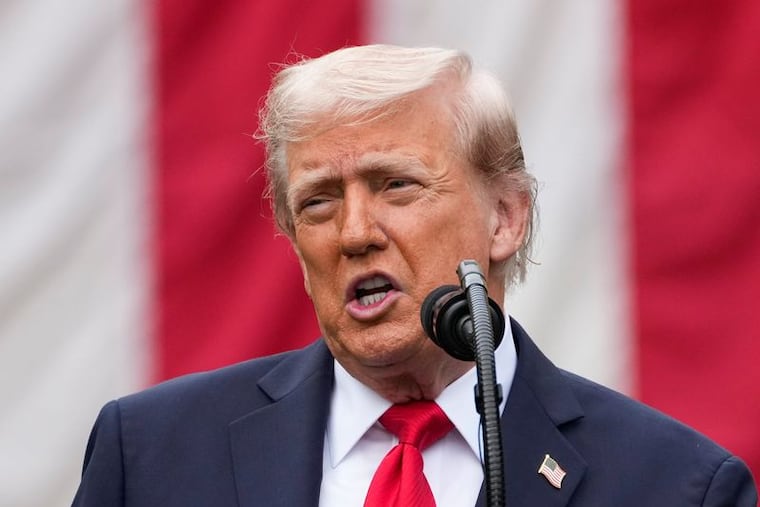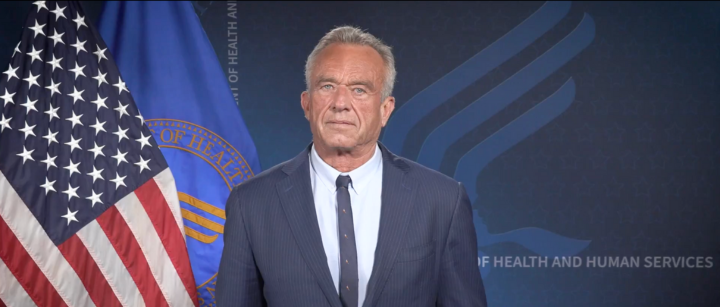Trump demands jail time for Democratic leaders amid National Guard deployment preparations for Chicago.
In a dramatic escalation of political tensions, U.S. President Donald Trump has publicly called for the arrest of Chicago Mayor Brandon Johnson and Illinois Governor J.B. Pritzker, both of whom are Democrats. This latest confrontation arises as Trump’s administration prepares to deploy military troops to the streets of Chicago, the third-largest city in the United States.
Both Johnson and Pritzker have not faced any criminal allegations; however, they have become vocal critics of Trump’s stringent immigration policies and the deployment of National Guard troops in cities governed by Democrats. The President’s demand to imprison the officials is indicative of his longstanding pattern of casting political rivals as criminals. This is notably illustrated by the forthcoming court appearance of former FBI Director James Comey, who is facing charges described by many as weak and unfounded.
Trump has taken to social media to assert that Mayor Johnson and Governor Pritzker bear responsibility for not protecting Immigration and Customs Enforcement (ICE) officers operating in Chicago. His assertion aligns with a growing national focus on immigration enforcement, an issue he has consistently framed as vital to his supporters.
In a move that has garnered both local and national scrutiny, Mayor Johnson recently signed an executive order creating an “ICE Free Zone” which restricts federal immigration agents from utilizing city property in their duties. This executive action signifies a clear resistance to federal immigration directives.
The potential deployment of hundreds of Texas National Guard soldiers to Chicago has sparked widespread backlash from state Democratic leadership. Trump has hinted at a broader strategy involving troop deployments across various U.S. cities, suggesting these operations might function as “training grounds” for military forces. However, a recent poll conducted by Reuters/Ipsos indicates that a majority of Americans oppose such troop mobilization in the absence of an external threat.
The President’s announcement follows the alarming trend of increased military presence in urban areas, which he justified by citing rising crime statistics. However, many sources indicate that violent crime rates have been on a downward trajectory since significant upticks during the COVID-19 pandemic, and that the National Guard has primarily been utilized to safeguard federal properties rather than engage in crime prevention efforts.
Despite local officials reporting that protests against Trump’s immigration strategies in Chicago and Portland have generally been peaceful, federal rhetoric has intensified. Pritzker has accused Trump of provocation in an effort to legitimize further militarization of American cities. Legal battles surrounding the deployment of troops continue, with a federal judge allowing the troops to proceed to Chicago while simultaneously blocking a similar deployment to Portland. Trump has threatened to utilize an anti-insurrection law if courts attempt to impede his directives, a tactic reminiscent of historical events during the 1992 Los Angeles riots.
As political and social dynamics continue to evolve, the consequences of these actions could reverberate throughout the upcoming election cycle and beyond, marking a significant moment in the landscape of American governance and civil rights.
Media News Source.







